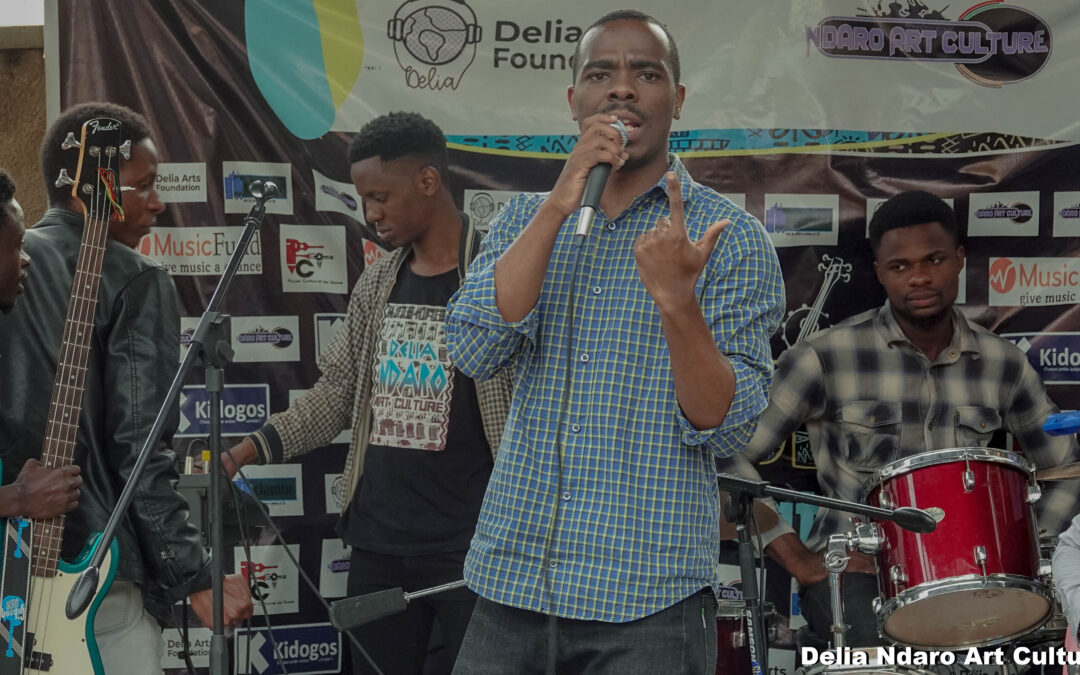It has been a busy, productive time for Delia-Ndaro Art Culture in Bukavu! True to their word, they have been promoting local arts and culture with a jam-packed program that has seen lots of great artistic expression happening.
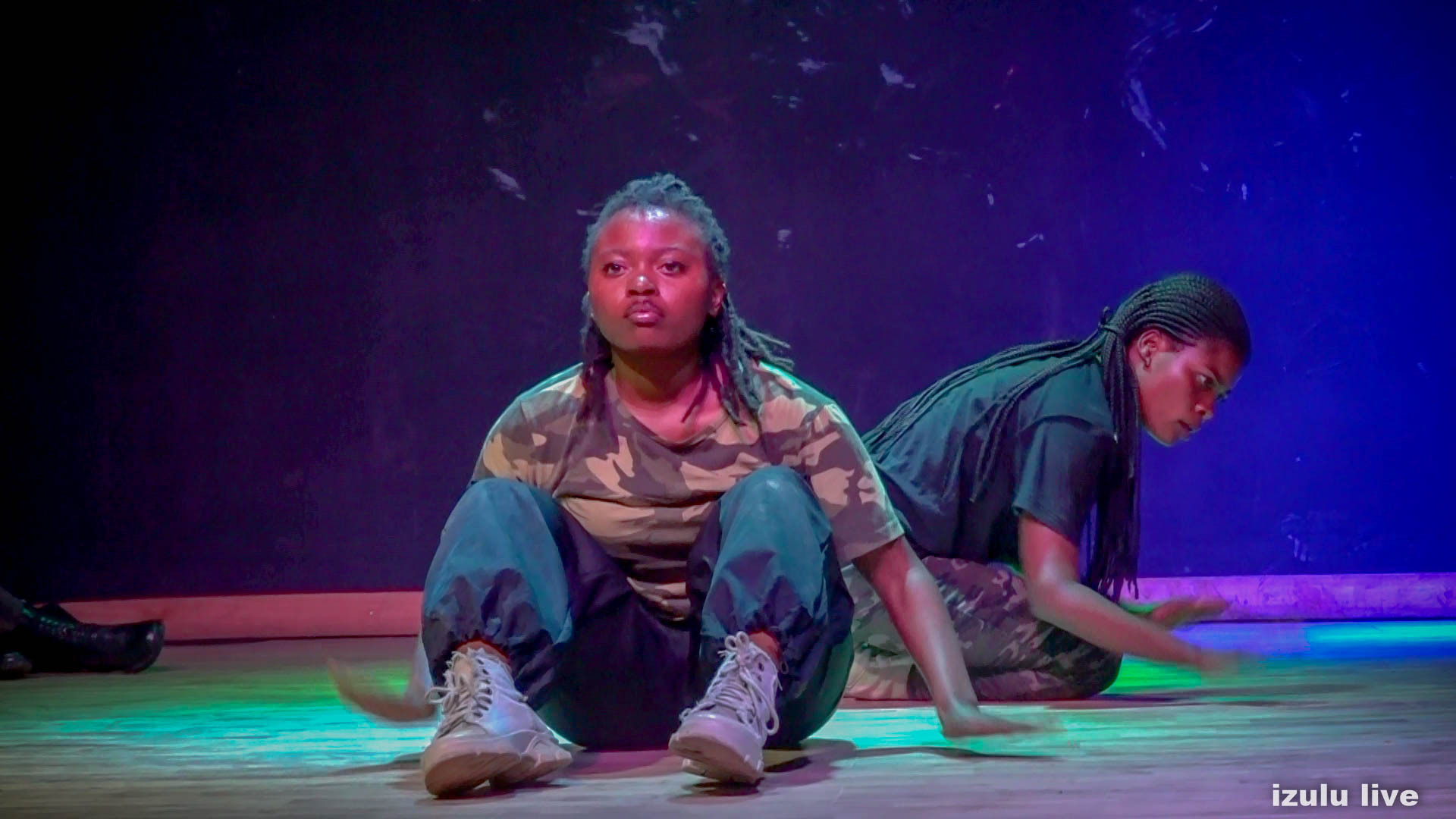 Together with the French Institute of Bukavu, IZULU performed live at the end of March to bring some crazy rap slam flavour to the local community.
Together with the French Institute of Bukavu, IZULU performed live at the end of March to bring some crazy rap slam flavour to the local community.
On April 29th a dance show was held to celebrate International Dance Day; and the ‘7 Recreational Days’ then kicked off with a whole week of fashion, cinema, dance, music, slam, and photographic exhibition.
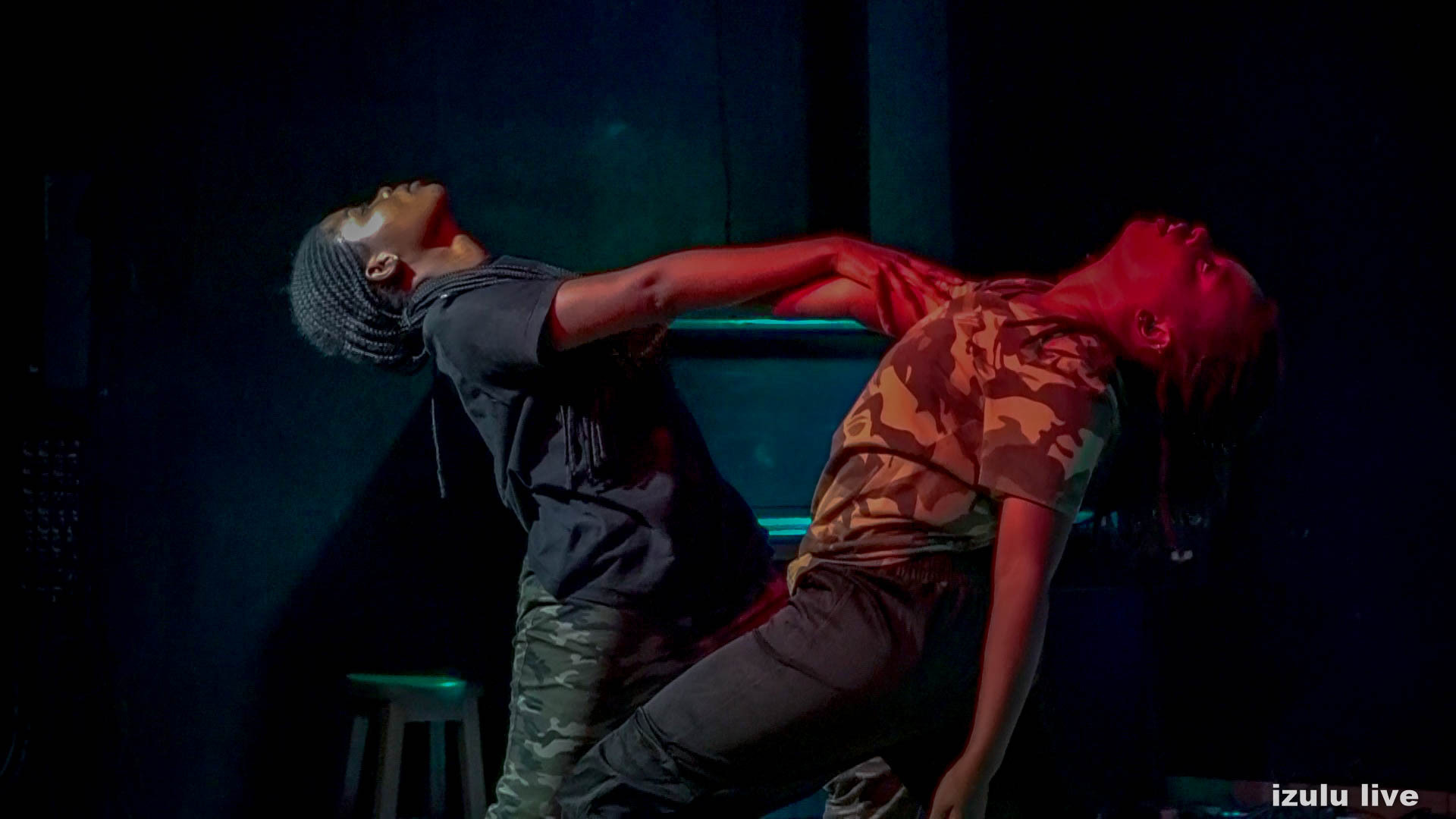
We caught up with the ‘Maestro’ – Thomas Lusango, co-creator of the Delia Ndaro Art culture space to find out how it’s been going…
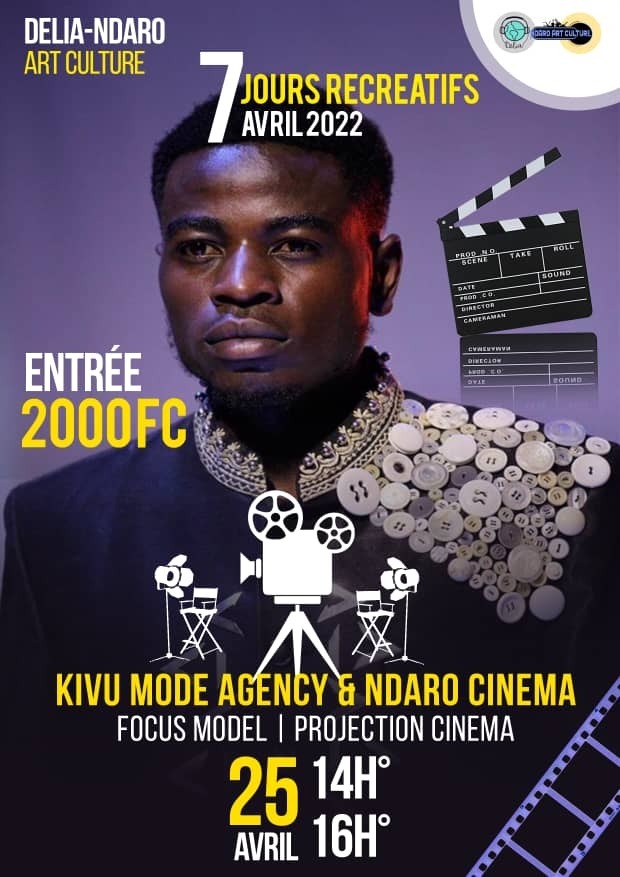 “The past few months have been satisfying. We’ve had shows every weekend, and we’ve been able to run sound production workshops during the week. The center still allows us to be creative, given our financial constraints.
“The past few months have been satisfying. We’ve had shows every weekend, and we’ve been able to run sound production workshops during the week. The center still allows us to be creative, given our financial constraints.
For example, we didn’t have any budget for the ‘7 Recreational Days’ where we attempt to pull off a major creative event each day, showcasing Bukavu talent and the related artistic fields that we work in, on each of the seven days of the week.
So we roped in students of the city to organize an inter-university artistic competition at the center, and worked with their enthusiasm and energy to pull off a slam event, theatre, and music. Where there’s a will there’s a way, and the passion of the students and all the locals involved was exciting to see.
Nothing moves forward without music, so whether it is fashion or photography, theatre or film, we find a way for music to be celebrated in each creative genre that we study and exhibit.
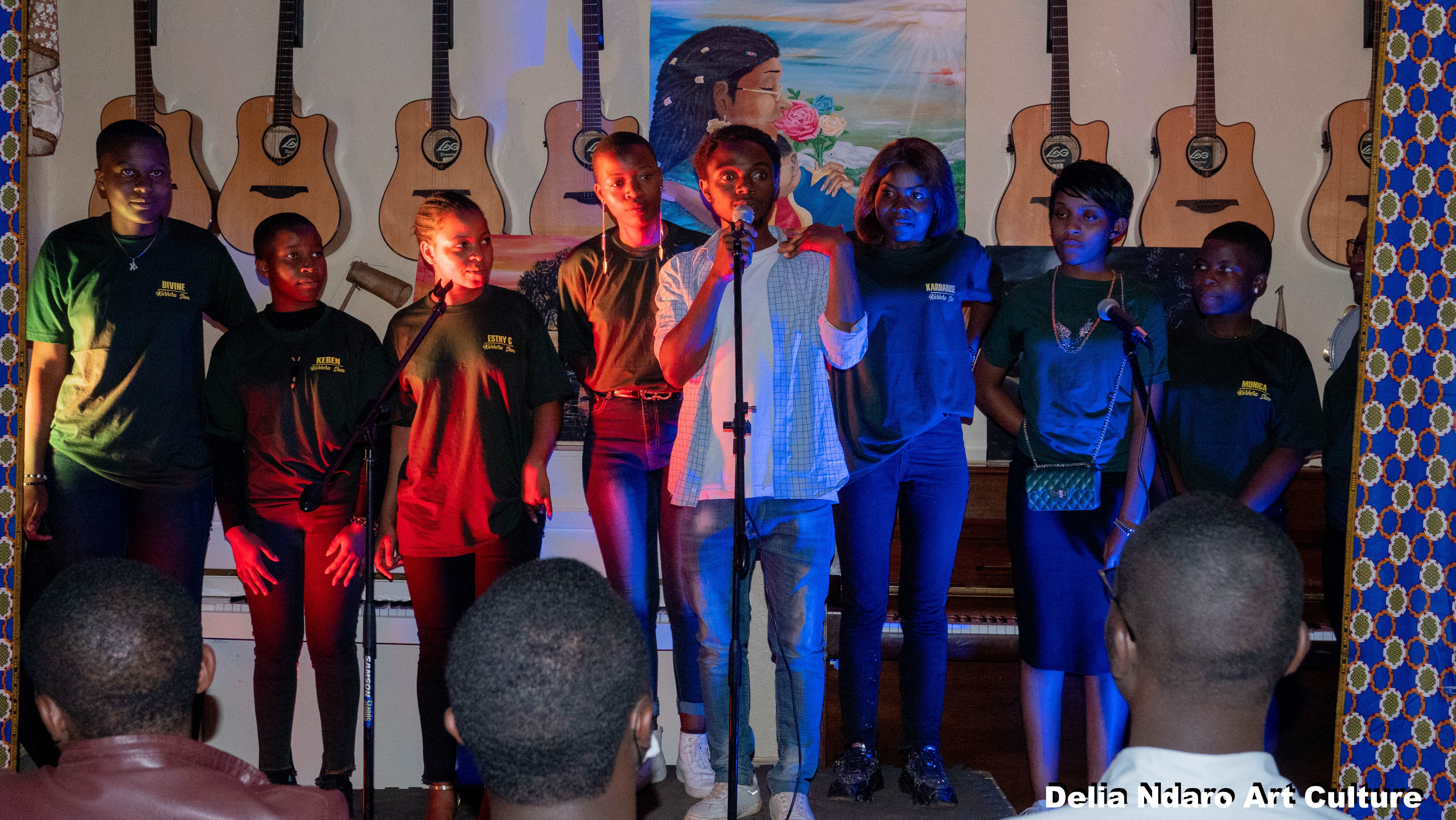 “We are the only hope for many generations here in Kivu, in the eastern part of Congo. So the impact that the center has in the sub-region is so positive – despite the lack of funds we need. Often times it feels as if only belief guides and sustains us.
“We are the only hope for many generations here in Kivu, in the eastern part of Congo. So the impact that the center has in the sub-region is so positive – despite the lack of funds we need. Often times it feels as if only belief guides and sustains us.
So we continue to believe that music is a therapy for many of the people here – given the struggles of the daily experience, the blow of life, the rape, the massacres, the wars, and so on. We cannot bear to be without music and other art forms.
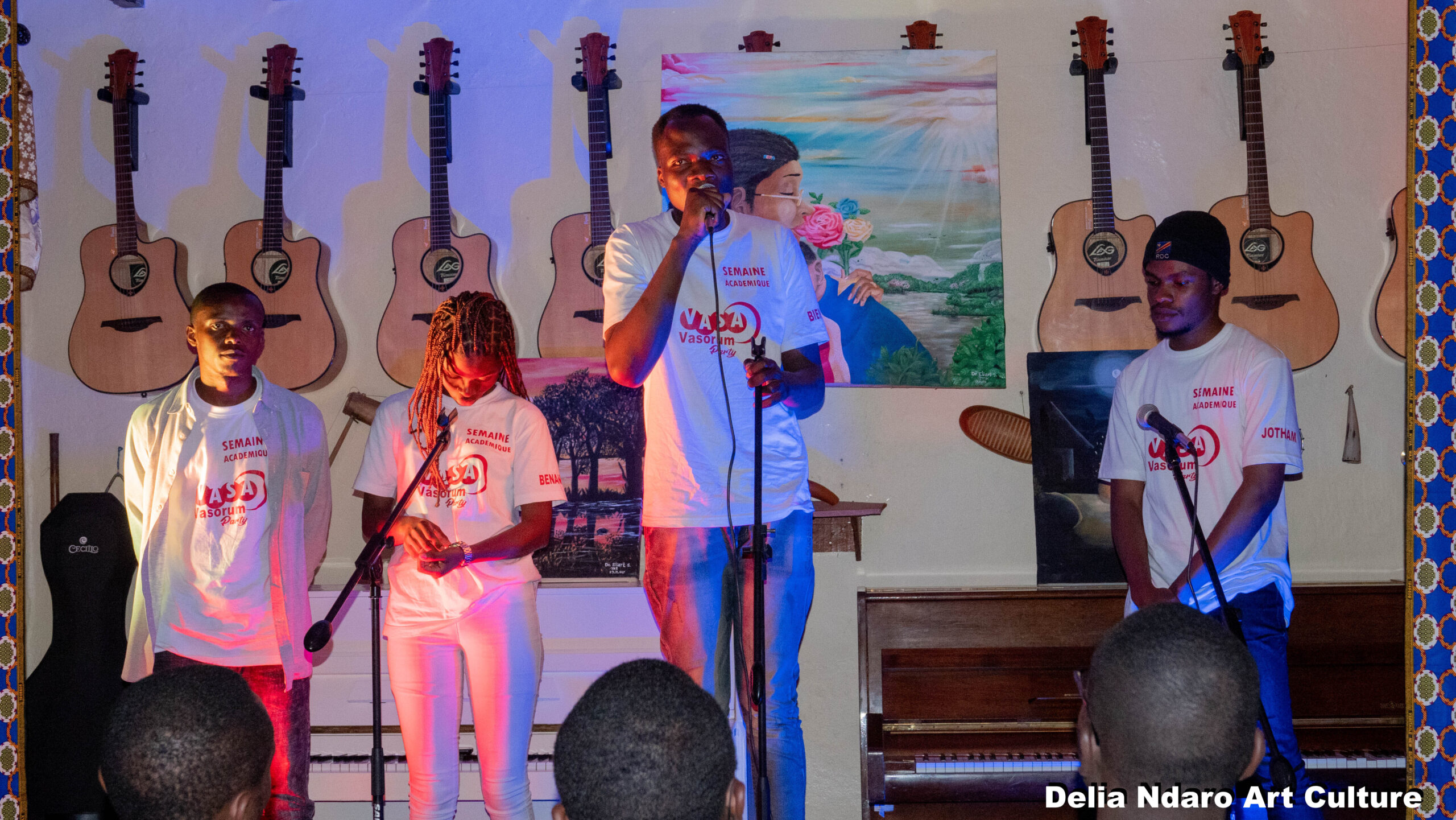 In every family in the Congo, there is either a musician or a singer. Many of the best musicians of our time – those living today as well as those from our proud past – die in poverty due to the lack of means to record their music, which is rich in colour and textures.
In every family in the Congo, there is either a musician or a singer. Many of the best musicians of our time – those living today as well as those from our proud past – die in poverty due to the lack of means to record their music, which is rich in colour and textures.
So we are doing all that we can to bring hope to the people of Bukavu, as well as to help talented musicians get their music and art recorded so that they may see the light of day.
The role that Congolese music had to play in the development of the Cuban rumba is well documented, so we aim to work with the rhythms of the various ethnic groups living in the Congo in an attempt to showcase it on an ever-larger stage.
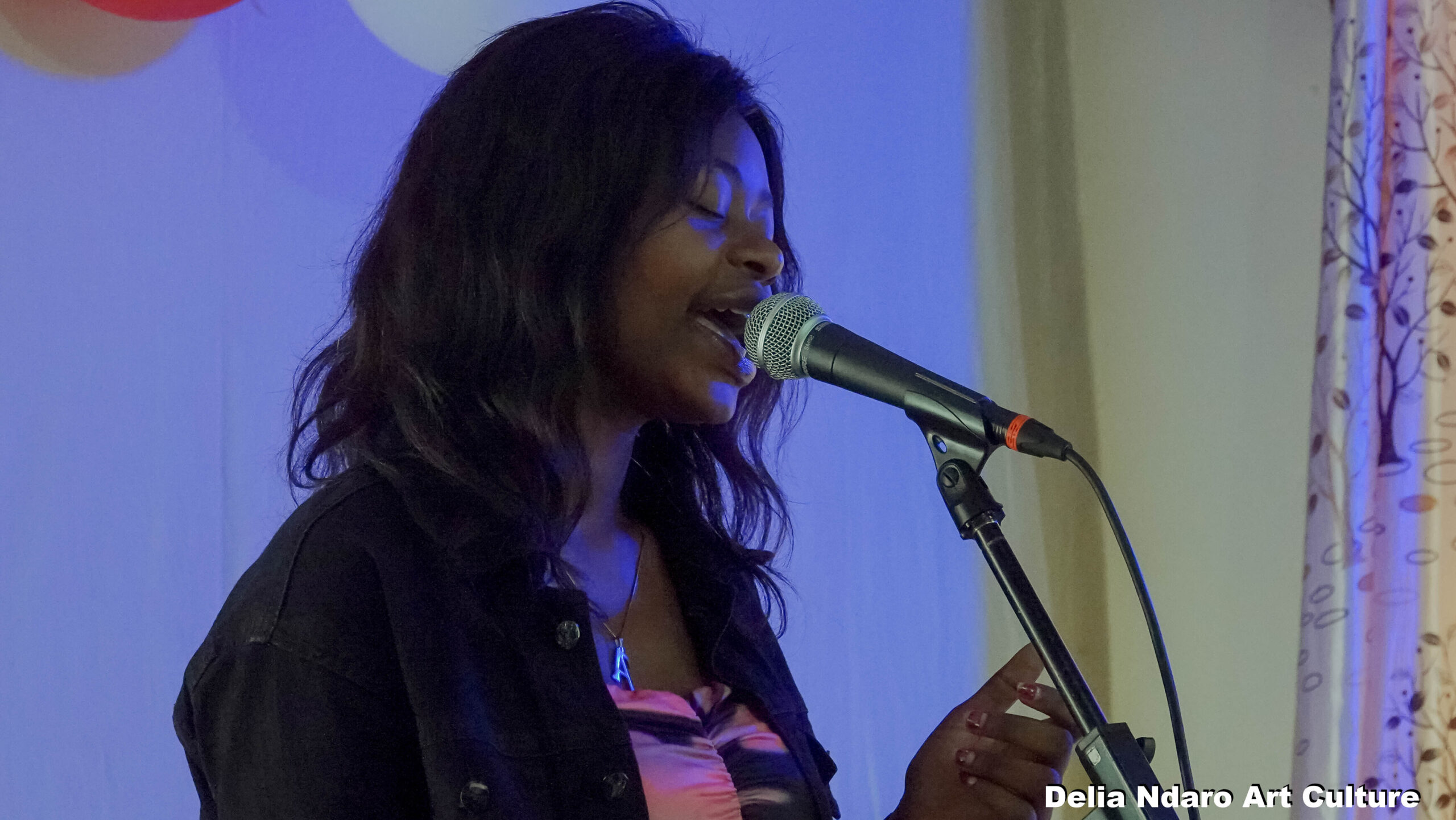 Some of the most talented musicians here currently are instrumentalists who trained with us, and who then go on to evolve as artists either in Kenya, Uganda, or Rwanda.
Some of the most talented musicians here currently are instrumentalists who trained with us, and who then go on to evolve as artists either in Kenya, Uganda, or Rwanda.
If I had to single out one artist who is a bright star, I would choose a singer by the name of Joyce Kaj, from Kinshasa. Other local artists that have performed at the Delia Ndaro Art Culture space are me and crow AKIM.
From outside of the center there is Queen Saidate, ISSA the Nightingale, grandpa kerro, and Lionel EKONGO. So there has been a great mix of local and visiting talent. But we do not rest on our laurels: we have work to do, art to celebrate, and music to play.”
